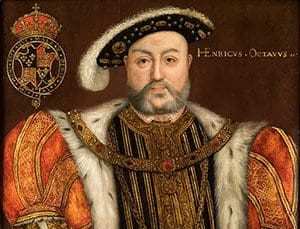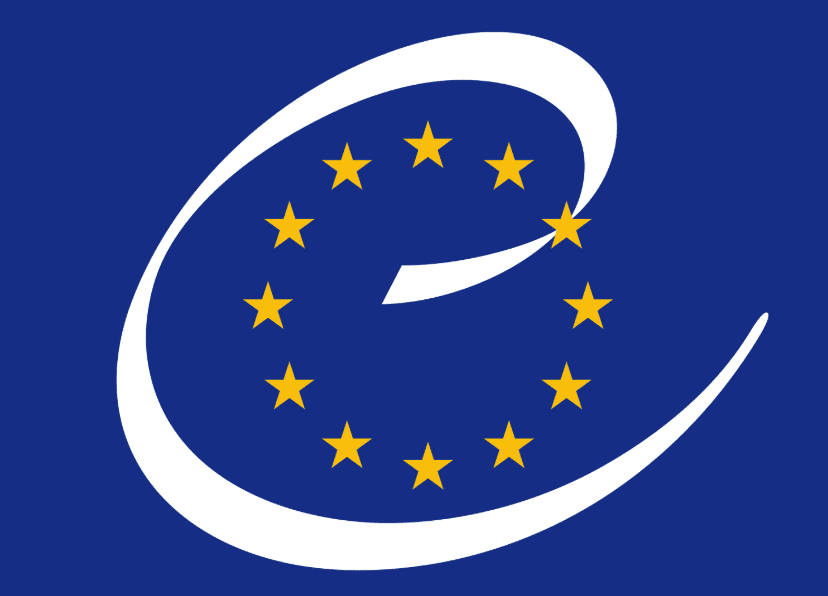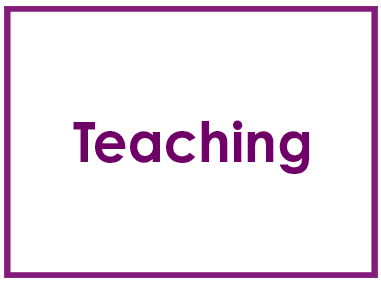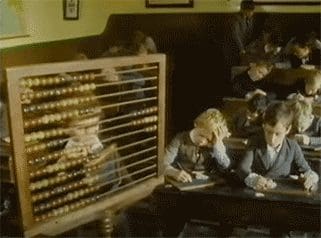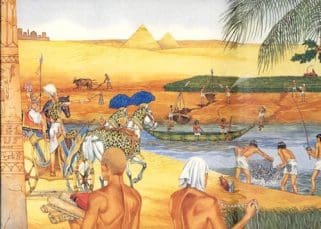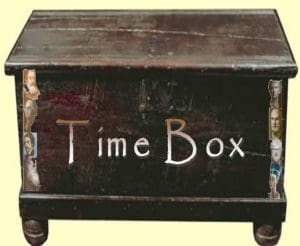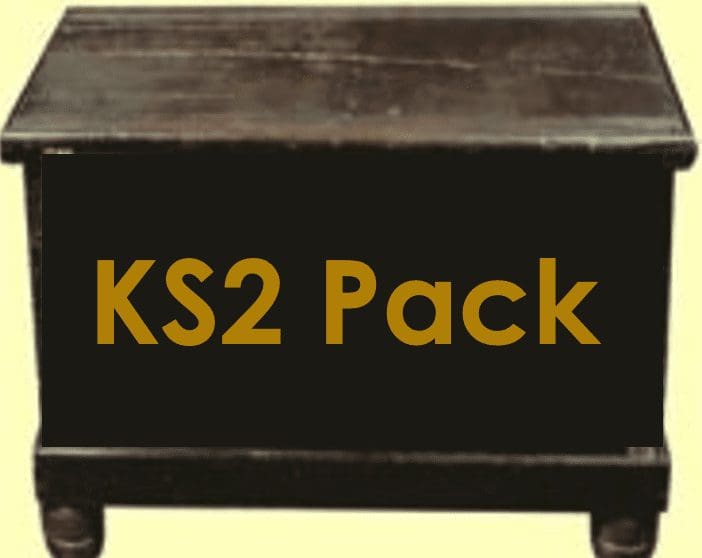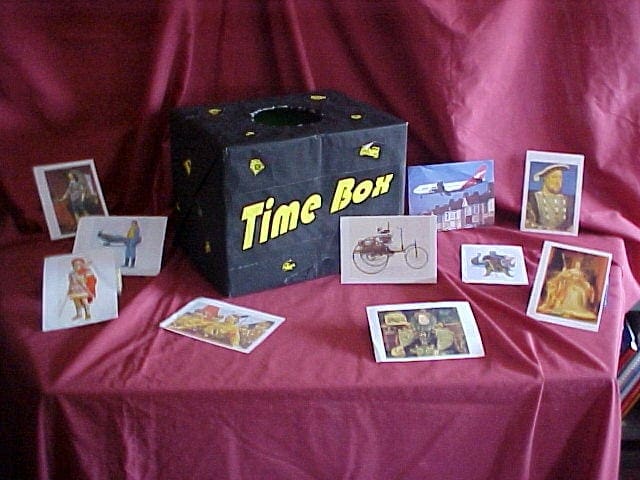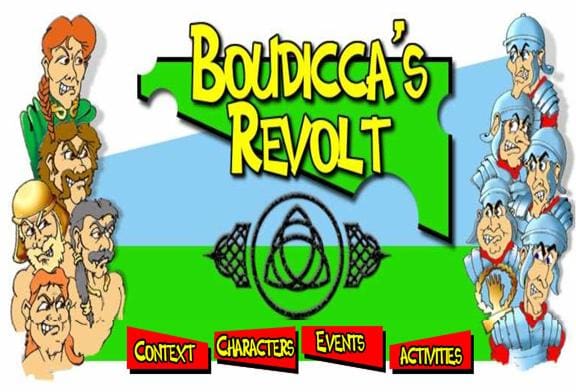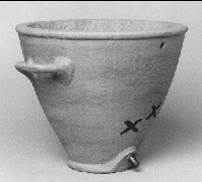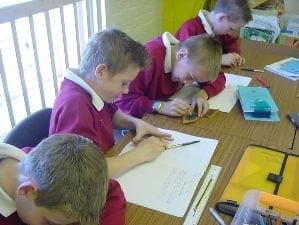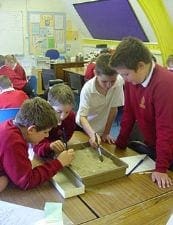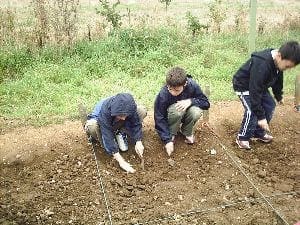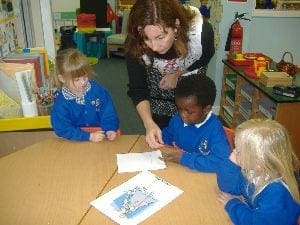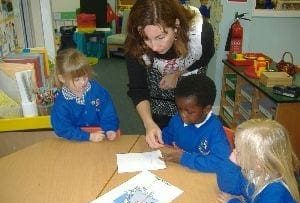Teaching and Learning
Fitness for purpose versus novelty
Visiting over 300 primary schools in my career, several of them many times over, during many years as a primary…
Read MoreHow well are you intertwining national and global history?
Last year saw the new Labour government abort plans to create a model primary history curriculum which would have offered…
Read MoreNew guidelines for 21st century history
In a recently-published study by the Council of Europe entitled “Quality history in the 21st century” a number of key…
Read More10 step guide to strengthening your history teaching
1. Ensure all topics are linked and logically sequenced At the planning stage make sure all topics are carefully linked…
Read More9 highly effective retrieval activities that really help history to stick ..and show real historical understanding too!
To prevent retrieval activities simply resembling a random fact pub quiz consider using the following , which I’m sure many…
Read More8 retrieval tasks that really work in history
This list is by no means exhaustive nor is it linked to just one key stage. You can think of…
Read MoreUsing Tudor artefacts
Idea 1: Writing an expert caption: e.g. wooden trencher Present an object such as a wooden trencher as a mystery…
Read MoreClosing the circle: making sure you have an exciting, ‘fit for purpose’ learning product in your KS1 and 2 history topics
I have often thought that we don’t always invest as much time in considering the final product of a unit’s…
Read MoreGrasping the chronology nettle
Everyone knows that chronology is one of the key historical concepts pupils need to learn, and yet in very few…
Read MoreRunning timebox – First and foremost
Why Timebox teams? First and foremost, Timebox Teams should be fun. Behind the serious intent of improving pupils’ chronological knowledge…
Read MoreTimebox – KS2 Pack
Mention the teaching of chronology to most infant teachers and their eyes glaze over. Their experience is that it is…
Read More′100′ great ideas for teaching history at KS2
This section describes the best of the imaginative ideas I have seen work successfully in the teaching of history at…
Read MoreIt’s time to think about the teaching of time at KS1 and 2
Time is probably the concept most fundamental to understanding history. This presents problems, of course, particularly with the youngest children….
Read More10 top dos and don’ts of using knowledge organisers in primary history
Used well, knowledge organisers are a really powerful resource but it all depends on how they are used. However attractive…
Read More10 Things to do to make your history teaching better at KS2
1. Teach through historical enquiries. Enquiries are the most effective subject pedagogy in history, not least because when well drafted,…
Read MoreA six step approach to history lessons
Step 1: Teacher motivates pupils to want to learn and scopes the enquiry Hooking them in: eg. with a slow…
Read More10 questions which we should ask when planning historical enquiries at KS2
Subscribers only: You must be logged in to view this content in full. Please Login or register
Read MoreProgression in historical interpretations at Key Stage 2 – How the past is represented and interpreted in different ways, and to give reasons for this
Beginning of Key Stage Children can identify differences between versions of the same event e.g. the video gives a different…
Read MoreThe top 10 things you need to know about chronology at KS2, but were afraid to ask.
The top 10 things you need to know about chronology at KS2, but were afraid to ask. 1. There is…
Read MoreICT and Film in history at Key Stage 2
You may think it surprising that film and ICT appear together and not separately. With the advent of digitisation and…
Read MoreStrategies for using artefacts in teaching history at KS2
Nobody would seriously doubt the value of using artefacts in history at Key Stage 1, but at Key Stage 2…
Read MoreTeaching Interpretations at Key Stage 2
Although challenging, teaching interpretations in history at KS2 level is immensely rewarding when you see the ‘penny drop’ in pupils’…
Read MoreTeaching enquiry in history at Key Stage 2
You will hear a lot spoken about historical enquiry, but very little written down and easily accessible. Given its central…
Read MoreFit for purpose history teaching strategies at Key Stage 1 and 2
As primary schools have been so heavily criticised by OFSTED for failing to select strategies that are fit for purpose,…
Read MoreWhat makes an outstanding history lesson at KS2?
With very little national guidance now coming from OFSTED by way of revisions to the subject-specific criteria for outstanding primary…
Read MoreThe teaching process in history at KS2
Key Stage 2 history teaching is often unfairly caricatured as a teacher telling interested pupils lots of interesting stories: fun…
Read MoreViews of learners in history at Key Stage 2
There has been very little published research on the views of KS2 pupils on their history work, other than lots…
Read MoreThe learning process in history at KS2
Given that this site specialises in giving practical support to busy teachers and subject leaders, you may be surprised to…
Read More50 imaginative learning activities to use in history at Key Stage 2
Currently these top 50 imaginative ideas are just listed in alphabetical order with a brief description of each, cross-referenced to…
Read MoreRoles of learners in history at Key Stage 2
One of the best ways of exciting young children in history is to put them in role. Dorothy Heathcote’s approach,…
Read More20 creative products for history Key Stage 2
This section accompanies the ones on teaching and learning approaches. It offers you a few ideas you may not have…
Read MorePersonalised learning in history at KS 2
This is certainly one of the key areas to be focusing on in the next few years and lies at…
Read MoreGender issues in history at Key Stage 2
It is hard to think of a teaching and learning strategy that one would use with boys. We all know…
Read MoreGifted and talented pupils in history at Key Stage 2
Much has been written in general terms about identifying and then catering for able pupils in history. OFSTED and others…
Read MoreKey motivational factors in history teaching at Key Stage 2
The essence of what appeals to pupils can often be summed up by the words, People, Puzzle and Point. Children…
Read MoreS.E.N. in history at Key Stage 1 and 2
By inclusion we mean three things here: setting suitable learning challenges, responding to pupils’ diverse needs, and overcoming potential barriers…
Read MoreHistory for pupils with EAL in Key Stages 1 and 2
Most of you will be well-versed in strategies for helping children with EAL access other subjects in the curriculum and…
Read More
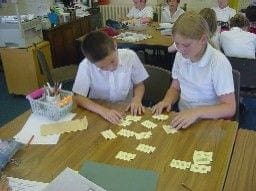 The approach offered on this site is only one of many you might know, or even use.
The approach offered on this site is only one of many you might know, or even use.